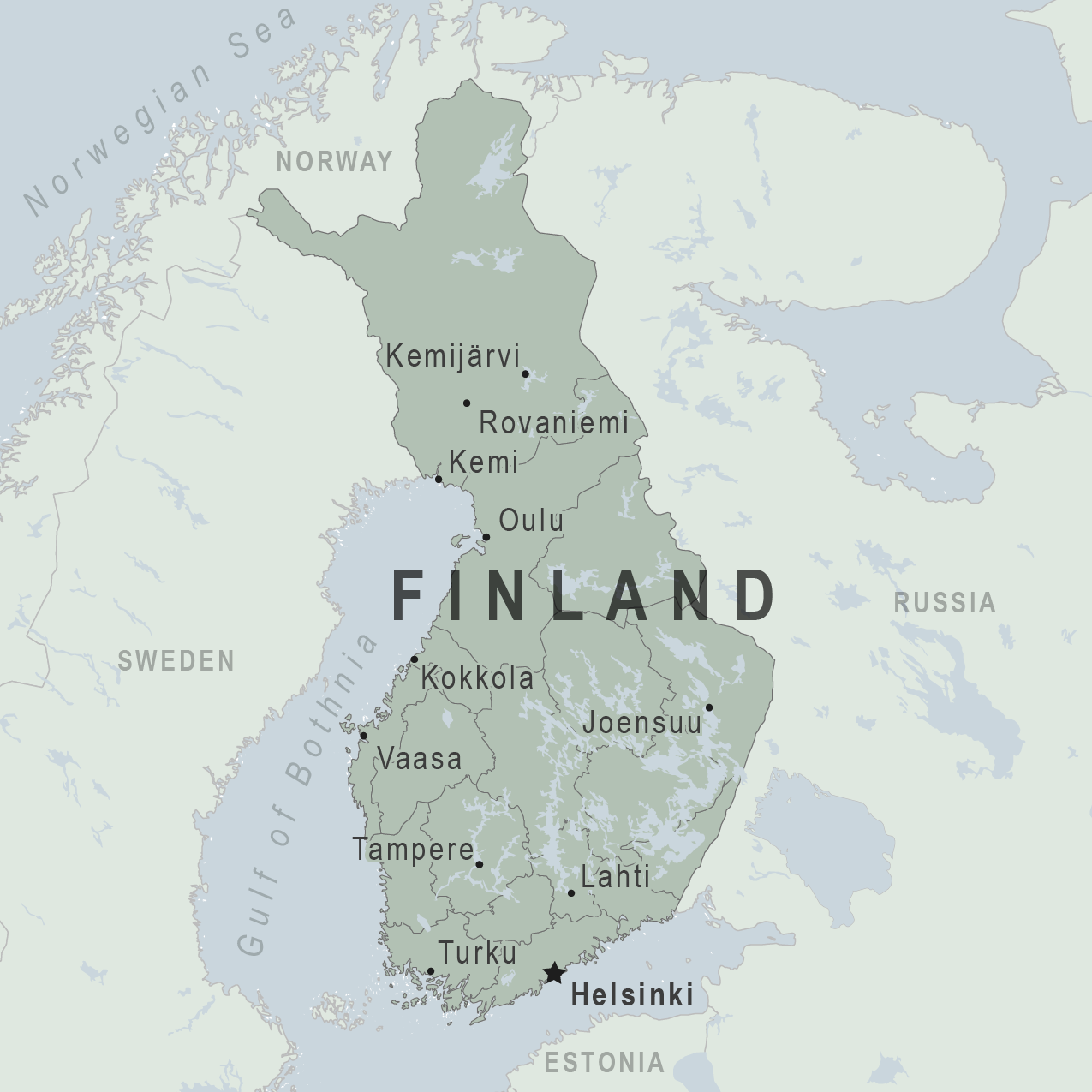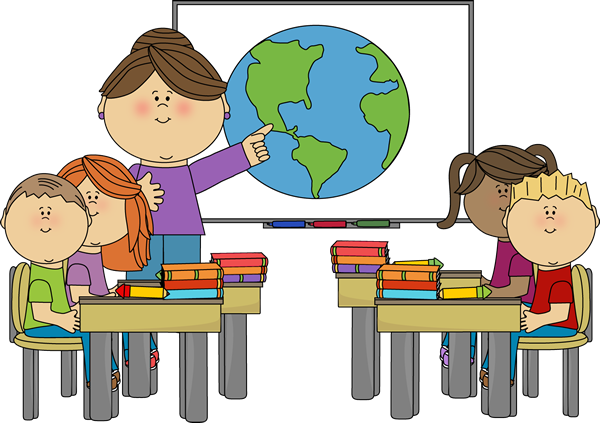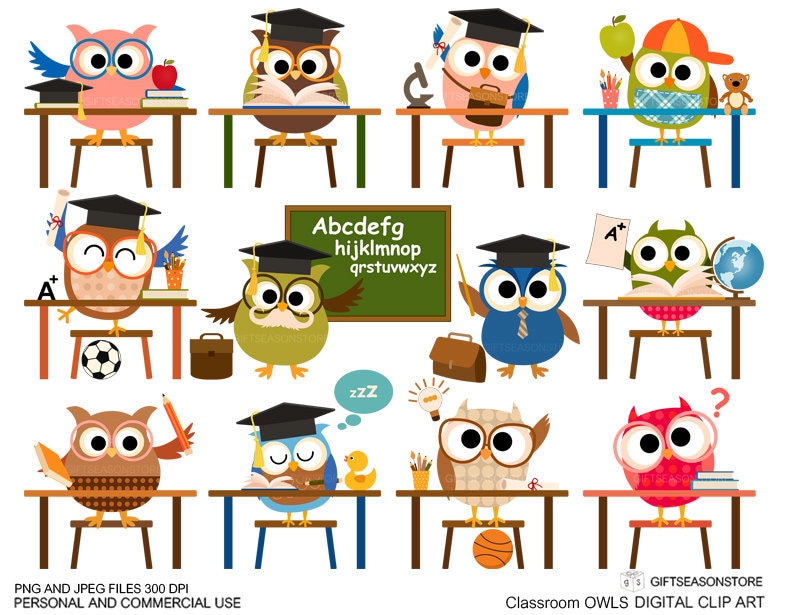William Doyle recently wrote an article called "How Finland broke every rule- and created a top school system" for the website: The Hechinger Report. Apparently, Finland started to do the exact opposite of what education reformers think should be done in classrooms in America. Students in Finland are given basic instruction in math, language, science, as well as training in second languages, arts, crafts, music, physical education etc. As well as the instruction, students are given four outdoor play breaks throughout the day lasting roughly fifteen minutes. The amount of homework depends on the teacher, but overall is considered to be very light. Instead of control, competition, stress and standardized tests, Finland's approach to success includes collaboration, warmth, and teacher led encouragement and assessments. Technology is used in the classroom, but a smartphone or tablet will not be seen in the classroom. Just a smart board and the teacher's desktop.
In Finland, a profession in teaching is highly respected and is the most desirable job next to medical doctors. Finland is thought to have the most effective school system. Apparently, Finland does everything [in regards to the educational system] just the opposite of how it is done in America. Of course, Finland's education system is not perfect, but it seems to be working very well for them.
Now of course there are critics who argue that such policies as Finland's would not work for schools in the United States, such as inner city schools. Inner city schools focus on "drill-and-practice", no excuses, and relentless standardized tests.
So looking at all this information it seems that Finland knows what it is doing when it comes to the education policies implemented. The U.S. and Finland seem to have different outlooks on how to be successful with their systems of education. For Finland, they seem to be excelling in delivering educational excellence. Finland seems to know how students learn the best. As for the United States, I think slowly adopting some of the methods used in Finlans would not hurt. Now of course, it would vary depending on schools. The United States education system is based on a rigid curriculum. Standardized testing are something that every student has to deal with again and again. Finland focuses more on self assessments and peer assessments which can take away some of the stress and fear that come with standardized tests.
Personally, I think that Finland's approach works very well. Students are achieving excellence and seem to prosper in the relaxed school environment that Finland provides. It is hard to say whether or not the United States would have the same success as Finland does. The United States and Finland are very different and both have many different attributes that make them special. I agree that there are certain aspects to Finland's education success such as the peer assessments and warm environment as opposed to the rigid standardized test and drill an practice used in the United States. I think the United States would benefit from adopting some of the techniques used in Finland to help contribute to the overall success of the education system and the students reaching excellence.







